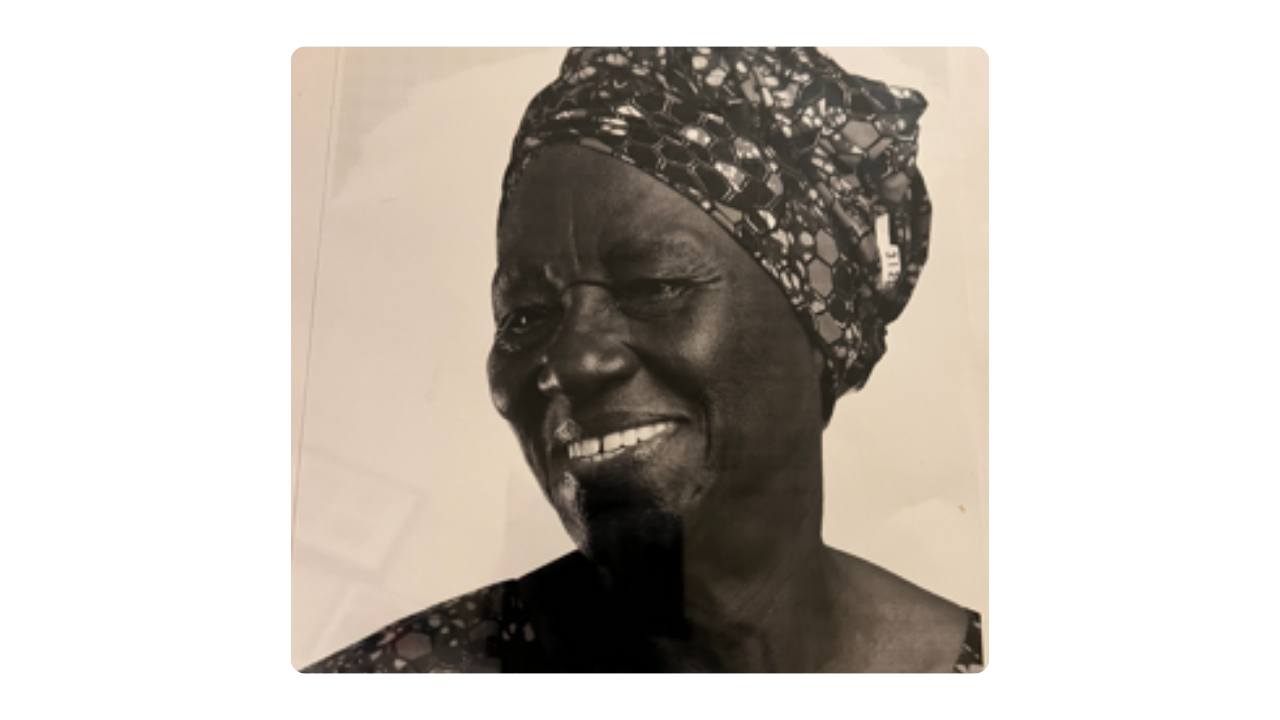"The most important thing is for older people’s voices to be heard,” says Elaine. “If they are not heard, then nothing can be done.”
Elaine has been a community champion for older people in Manchester for more than 25 years and is currently chair of the Age-friendly Manchester Board. The Board is the city’s main consultative group of older people, providing a critical voice for the Age-friendly Manchester programme (find out more here).
Elaine’s career was in nursing, and later healthcare training. She has lots of family living nearby in Manchester, and she recently enjoyed the celebrations for her first grandchild’s wedding.
It was while Elaine was managing a nursing home in the 1990’s that she was asked to become involved in a local community health council, helping to represent community views. Whilst this role didn’t excite her, she discovered an opportunity to become involved in improving older people’s lives in her community - which was a good affiliation with her job and her passion for older people to receive better care - and "that’s where the love started", Elaine told us.
Now 83, Elaine’s community work has more personal resonance than ever, and listening to what older people want is paramount, she says. Elaine is proud of the successes that have made a discernible difference on the ground in her community.
“In the early days I remember being at an Age Friendly Manchester Older People’s Assembly, where older people are invited to have their say.
“One man complained that where he lived, the timer on the signal to allow people to cross the road was so fast that it was impossible for him, and others such as people with young children, to cross the road safely. Our programme lead took the issue to the traffic department at the council, who said change wasn't possible as it would hold up too much traffic. But then, through negotiation, smart technology was used to extend the safe crossing time if someone was still detected in the middle of the crossing. The gentleman reported back that it had made such a difference that he could now safely get out and about because he could cross his local road. Having an opportunity to make his voice heard and having people listen and to act on it was transformative.
“There are lots of things that can be tackled from the bottom to make places more age friendly, like accessibility, walkability, and urban spaces. Small things can make a big difference. It’s good to get out and walk if you can but bus routes need to support people getting about too. Providing stopping places so that older people can stop and rest and then continue their journey is also essential. Otherwise, if people can’t get out easily then it can lead to isolation and loneliness, which has such a terrible impact on mental health.
“But none of this can be done without the input of older people. In one neighbourhood here, there was a problem that people weren’t getting out as there was nowhere to sit down. We worked with the University of Manchester to get older people involved in the solutions, with groups walking around and identifying where the best places would be to locate resting places.”
Manchester has led the way in the UK in its commitment to become an age friendly place to grow old. Elaine suggests that partnership working has been key to good progress, bringing together voluntary organisations, universities, different council bodies and older people themselves. It’s also important to communicate successes, Elaine says, to make sure people know what’s being achieved for older people and how to support it.
Of course, older people aren’t a homogenous group, as Elaine says; “Not everybody likes the same things, maybe they like museums, or doing things with their hands, or acting. Opportunities like joining the Elders programme at the Royal Exchange Theatre in Manchester gives older people the chance to socialise and share opinions which can build self-confidence and self-esteem, as well as increasing creativity and making new friends. Opportunities like that can be a catalyst for greater health and wellbeing."
Everybody has something that they can contribute to make their own area a better place to live for older people. It doesn’t have to be huge. It’s taken a long time to improve things in Manchester and we’re not there yet, but I have seen changes.
“In one neighbourhood there was an older man living in an assisted care home who hadn’t been out of his accommodation for two years. Eventually a bench was installed close by, and he ventured out, to one little bench. Then someone told him that there were others, not too far away. Suddenly, he can get outside and have a chat, he becomes visible, he is less isolated. These small things are priceless. Making a place better for older people is making things better for all of us.”
“We need to fight for older people to be treated with respect and dignity. I don’t think that the media helps. Every time the word ‘elderly’ is used, it implies frailty, weakness. It’s a medical term. Older people or older adults is much better.”
*Manchester is committed to being an Age Friendly city, a place taking positive action to enable people to age well and live a good later life. Greater Manchester was the first UK city region in the UK to be part of the WHO Age Friendly Global Network. The UK has now 75 Age Friendly Communities led by the WHO and supported in the UK by the Centre for Ageing Better (the charity behind the #AgeWithoutLimits campaign). Find out more.
